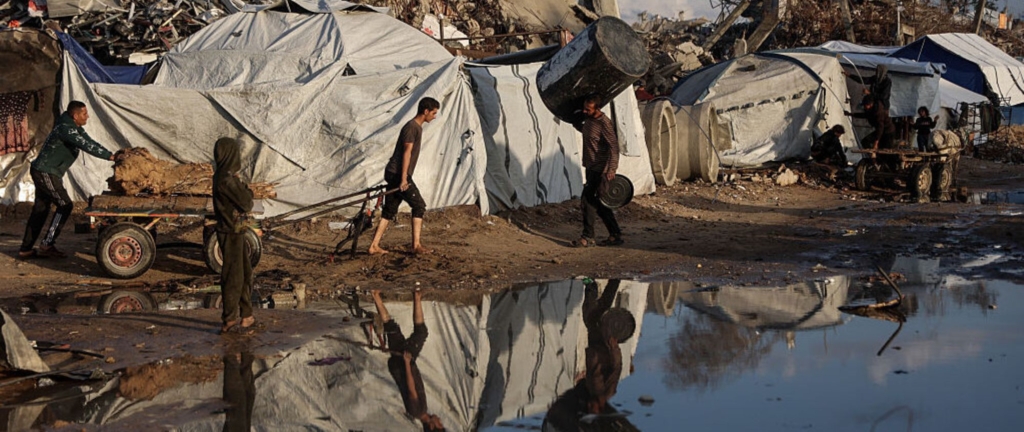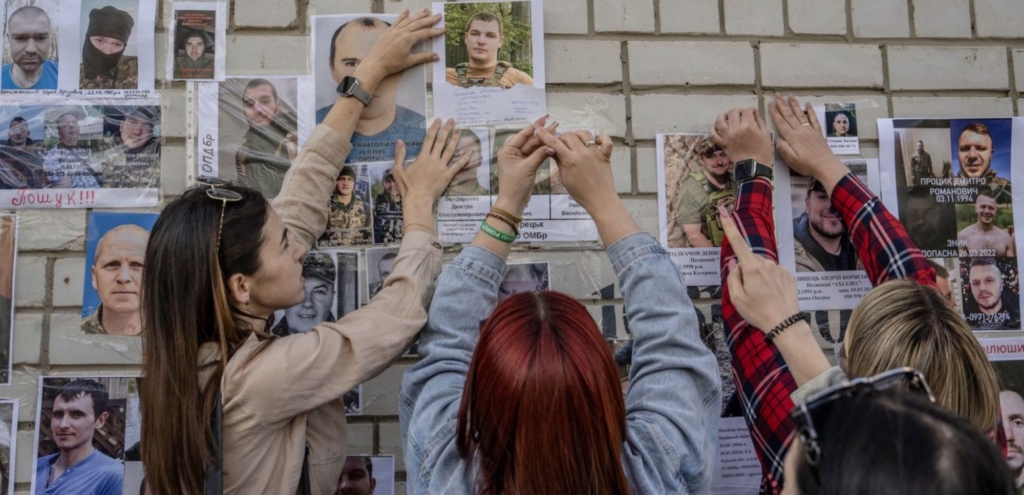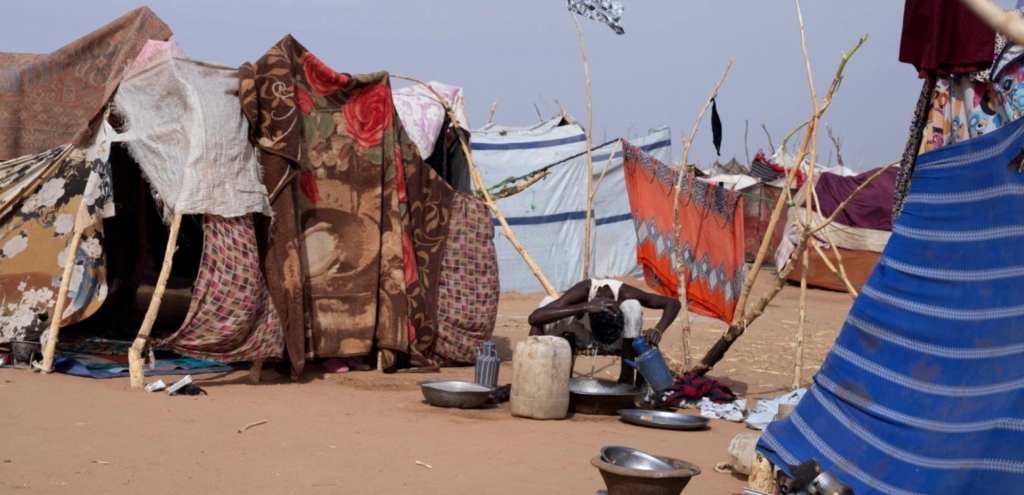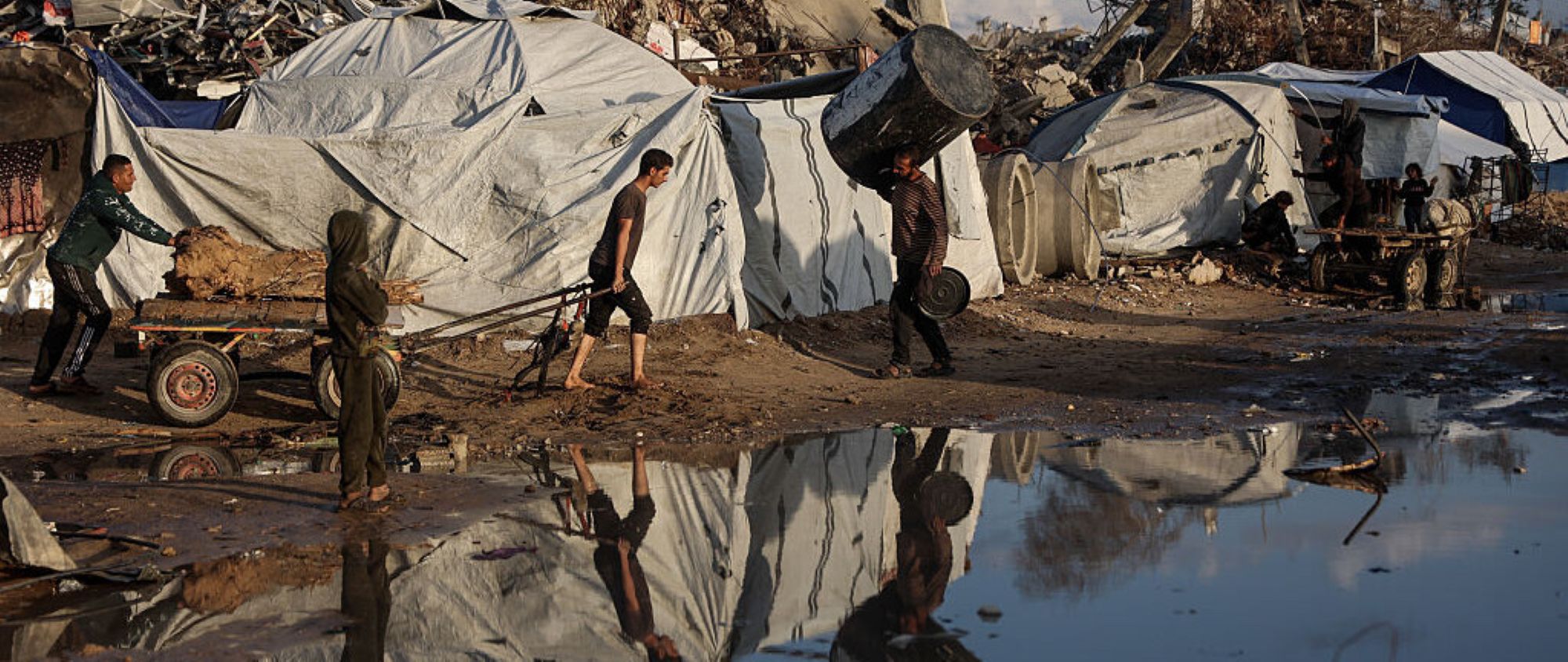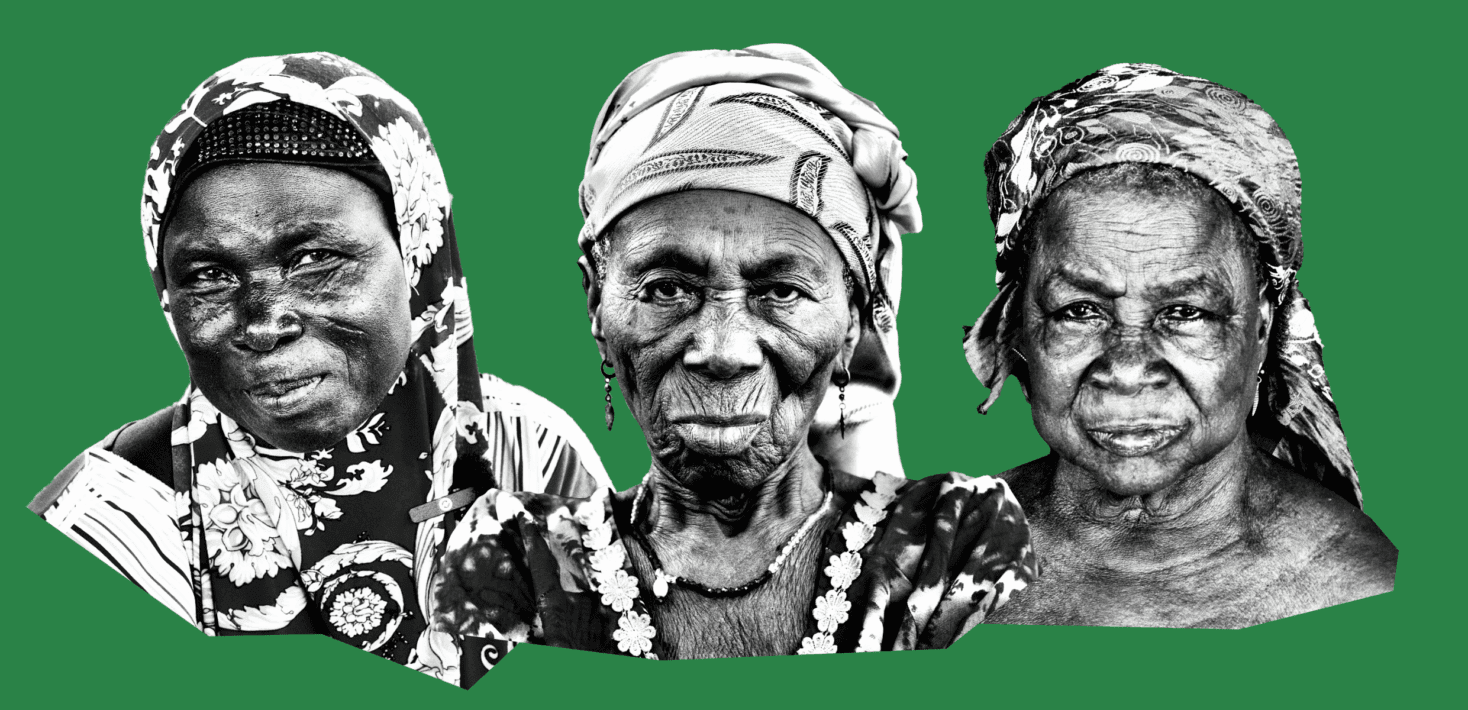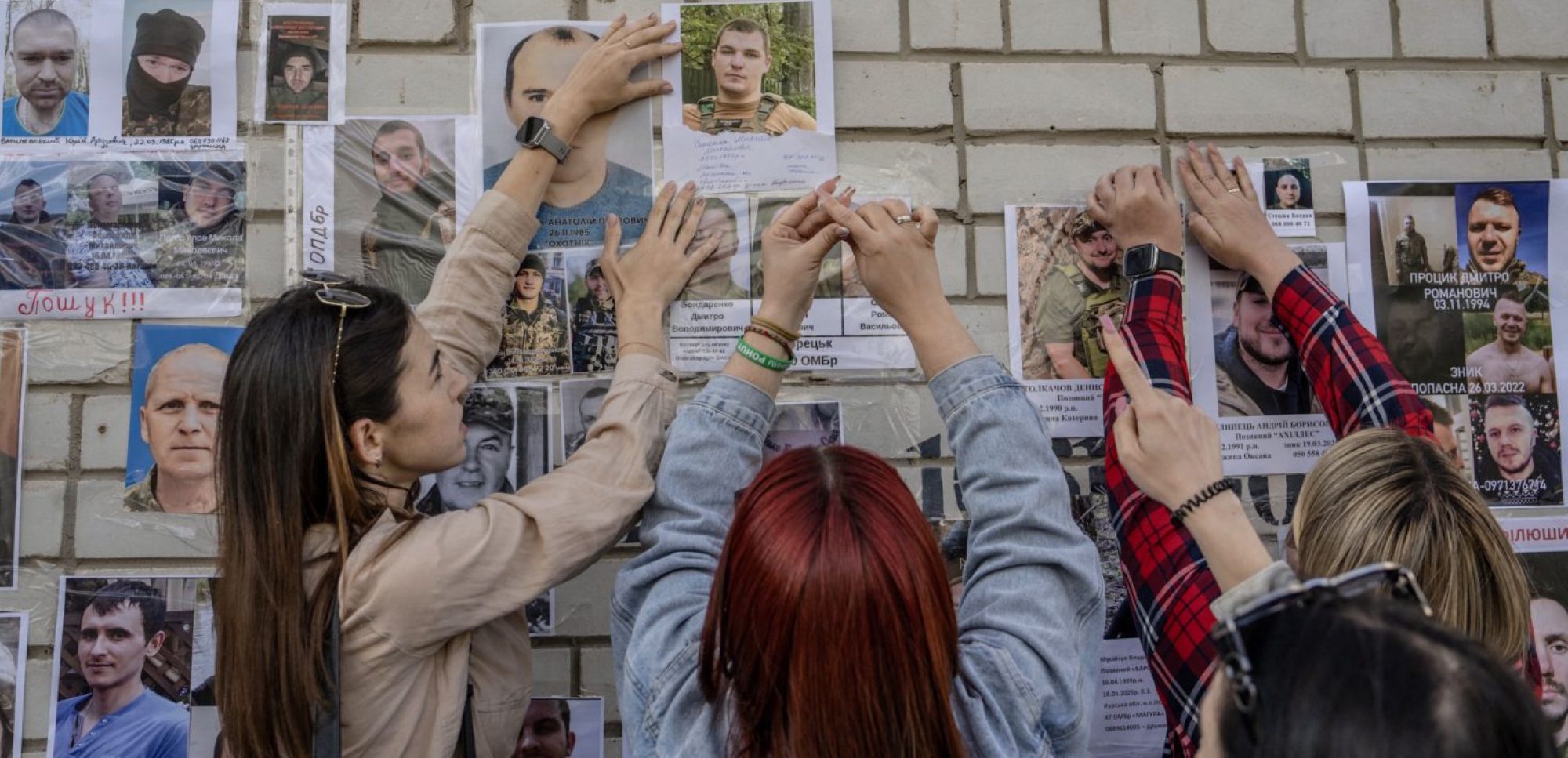In commemorating the 12th anniversary of the end of the conflict in Aceh on 15 August 2017, Amnesty International reiterates its calls to the Indonesian and Acehnese authorities to fulfill their international obligations to acknowledge the truth and to ensure accountability for victim of serious human rights violations and their families. Human rights organizations and survivors of the conflict have persevered and campaigned for truth, justice and full reparation over the last decade.
On 15 August 2005, the 2005 Helsinki Peace Agreement was signed by the Indonesian government and the armed pro-independence movement, the Free Aceh Movement (Gerakan Aceh Merdeka, GAM) to end the 29 year conflict in Indonesia’s most westerly province. Despite the relative stability in Aceh since then, the local and central authorities have failed to establish the truth of what happened during the years of violence which left between 10,000 and 30,000 people dead, many of them civilians. Many of those who had their lives torn apart by the conflict are also still suffering immensely.
Efforts to ensure reparation have so far have mostly involved financial compensation, and have been aimed at the Acehnese population at large instead of individual victims of human rights abuses. There has yet to be a comprehensive reparation programme that, in addition to financial compensation, includes other measures such as a formal apology and commemoration programs for victims and accountability measures to ensure justice to the victims of these crimes. Some groups, like survivors of sexual violence, have been unable to access the existing programs.
After many years of campaigning and advocacy the Aceh Provincial Parliament (DPRA) established anAceh Truth and Reconciliation Commission (KKR Aceh) in 2013. On July 2016, the Aceh parliament appointed seven Commissioners due to operate between 2016 and 2021. The Commission is mandated to uncover the circumstances that led to abuses in the past, including to ensure that such crimes will not be committed again and that the shared experiences are acknowledged and preserved. To date, however, the central government has not declared its support of the Commission.
Further in March 2016, the National Human Rights Commission (Komnas HAM) completed its investigations into the human rights violations by security forces in Jambo Keupok village, South Aceh that occurred 2003. The Commission found that there was sufficient evidence to conclude that crimes against humanity occurred, as defined in Law No.26/2000 on Human Rights Courts. The Commission also made similar findings in June 2016 in connection with security force violations that occurred in 1999 in Simpang KKA, Dewantara sub-district, North Aceh. To date, however, no criminal investigations or prosecutions for either case have been initiated by the Attorney General Officeleaving the alleged perpetrators at large and the victims without justice.
The failure by the central government to support these efforts to address and acknowledge the truth and prosecute perpetrators highlight the lack of political will by President Joko Widodo and previous governments to address past human rights violations. Instead they have continued to bury their heads in the sand and shirk responsibility –prolonging the suffering of survivors and their families in Aceh.
Indonesia has an obligation under international law to provide justice, truth and reparation to victims and their families. Addressing these past crimes in Aceh would not only contribute to healing the open wounds of the civilian population, it would also help strengthen the rule of law in the country, and help secure the peace process in the long-term.
Amnesty International also calls on EU and ASEAN states, which monitored the peace process, to take responsibility for their failures to ensure full implementation of the peace agreement.
Background
The Aceh conflict between the armed pro-independence movement Free Aceh Movement and the Indonesian government dated back to 1976, and peaked during military operations from 1989 until a peace deal was signed in 2005. It took a devastating toll on the population in Aceh, a region on the northern part of Indonesia’s Sumatra Island. The 2005 Helsinki Peace Agreement called for the establishment of both a Human Rights Court and a Truth and Reconciliation Commission for Aceh.
Amnesty International and other human rights groups have documented a range of crimes committed by members of the security forces and their auxiliaries against the civilian population, including unlawful killings, enforced disappearances and torture. Human rights abuses by GAM included hostage taking and the targeted killings of those suspected of ties to the government. Many of these human rights abuses constitute crimes under international law, including possible crimes against humanity and war crimes. Under international law, Indonesia has an obligation to investigate these crimes, and where sufficient evidence exists, to prosecute suspects in accordance with international fair trial standards.
Many of the violations and abuses committed by both sides in the context of the non-international armed conflict may amount to war crimes. Many of the violations directed by Indonesia’s forces and their auxiliaries against civilians as part of the policy of suppressing the independence movement appear to have formed part of a widespread or systematic attack and may amount to crimes against humanity.
For more information, please contact Sue Montgomery, media relations for Amnesty International Canada, at 613-744-7667 ext 236 or smontgomery@amnesty.ca
